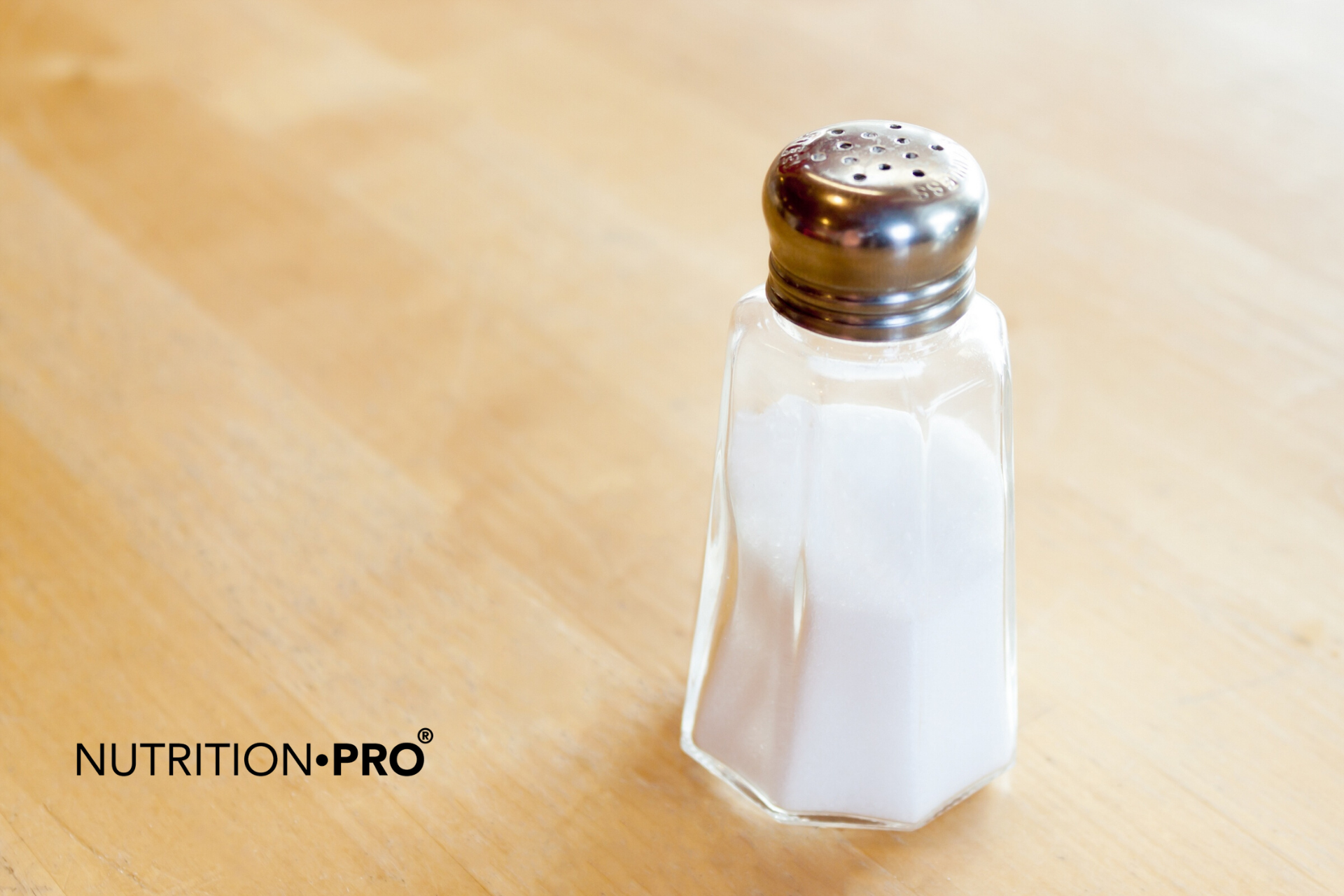Every food we eat contains nutrients . Among them, there is what is called macronutrient or micronutrient . Unlike the first, the second category of nutrients does not provide our body with any calories. However, it contributes to the other essential functions of the body. Focus on micronutrients .
What are micronutrients?
This is the group of nutrients to which trace elements, vitamins, minerals, amino acids and essential fatty acids belong . They are found in infinitesimal quantities , in milligrams, in food.
Our body requires smaller amounts of micronutrients compared to macronutrients . This is why they are referred to as "micro".
Vitamins , as a whole, are necessary for energy production, immune function, blood clotting, and many other functions. Meanwhile, minerals play an important role in growth, bone health, fluid balance, and several other processes.
Micronutrients work in very small doses within our body. Most of these micronutrients infiltrate our bodies through the consumption of foodstuffs of all kinds or through dietary supplements.
Sources of micronutrients are multiple ? Know that we find vitamins and minerals in legumes, fruits or dairy products. Trace elements are to be recovered in oilseeds, but also legumes. Fatty acids can be drawn from fish rich in omega 3. Amino acids are present in eggs, meat, cocoa, soy or wheat germ.
What are the main benefits attributed to micronutrients?
The benefits of micronutrients are as numerous as they are varied. Each of the subgroups is beneficial our body and our state of mind. Trace elements with amino acids are responsible for our moods and our good sleep. How ? Indeed, iodine can infl uence the functioning of the thyroid glands.
Fluoride a well-known trace element and minerals can guarantee you firm bones and teeth. Minerals also contribute to the health of the brain and tissue renewal among others. Essential fatty acids prevent you from heart problems and offer a long life.
Vitamins are responsible for the proper functioning of the body's defense system against invasion by viruses or microbes. They decrease the possibilities of contracting diseases such as atherosclerosis in the elderly .
What are the different types and functions of micronutrients?
Vitamins and minerals are divided into four categories: water-soluble vitamins, fat-soluble vitamins, macrominerals and trace minerals.
Regardless of the type, vitamins and minerals are similarly absorbed in your body and interact in many processes.
Water-soluble vitamins
Most vitamins dissolve in water and are therefore known as water soluble. They are not easily stored in the human body and are eliminated through urine when consumed in excess.
The water-soluble vitamins - with some of their functions - are:
- Vitamin B1 (thiamine): Helps convert nutrients into energy.
- Vitamin B2 (riboflavin): necessary for energy production, cellular function and fat metabolism.
- Vitamin B3 (niacin): stimulates the production of energy from food.
- Vitamin B5 (pantothenic acid): necessary for the synthesis of fatty acids.
- Vitamin B6 (pyridoxine): Helps your body release sugar from stored carbohydrates to produce energy and create red blood cells.
- Vitamin B7 (biotin): plays a role in the metabolism of fatty acids, amino acids and glucose.
- Vitamin B9 (folate): important for proper cell division.
- Vitamin B12 (cobalamin): necessary for the formation of red blood cells and the proper functioning of the nervous system and the brain.
- Vitamin C (ascorbic acid): necessary for the creation of neurotransmitters and collagen, the main protein in your skin.
Fat soluble vitamins
Fat-soluble vitamins do not dissolve in water.
They are best absorbed when consumed with a source of fat. After consumption, the fat soluble vitamins are stored in your liver and fatty tissue for future use.
The names and functions of fat-soluble vitamins are:
- Vitamin A: necessary for good vision and proper functioning of organs.
- Vitamin D: promotes healthy immune function and aids in calcium absorption and bone growth.
- Vitamin E: helps immune function and acts as an antioxidant that protects cells from damage.
- Vitamin K: necessary for blood clotting and proper bone development.
Macrominerals
Macrominerals are needed in greater amounts than trace minerals in order to fulfill their specific roles in your body.
Macrominerals and some of their functions are:
- Calcium: Necessary for proper structure and function of bones and teeth. Helps muscle function and blood vessel contraction.
- Phosphorus: part of bone and cell membrane structure.
- Magnesium: Helps over 300 enzymatic reactions, including blood pressure regulation.
- Sodium: electrolyte that helps with fluid balance and maintenance of blood pressure.
- Chloride: Often found in combination with sodium. Helps maintain fluid balance and is used to make digestive juices.
- Potassium: electrolyte that maintains the liquid state in cells and helps nerve transmission and muscle function.
- Sulfur: part of every living tissue and contained in the amino acids methionine and cysteine.
Trace elements
Trace minerals are needed in smaller amounts than macrominerals, but still perform important functions in your body.
Trace elements and some of their functions are:
- Iron: helps deliver oxygen to muscles and aids in the creation of certain hormones .
- Manganese: Helps in the metabolism of carbohydrates, amino acids and cholesterol .
- Copper: required for the formation of connective tissue, as well as for the normal functioning of the brain and nervous system .
- Zinc: necessary for normal growth, immune function and wound healing .
- Iodine: helps in thyroid regulation .
- Fluoride: necessary for the development of bones and teeth .
- Selenium: important for thyroid health, reproduction, and defense against oxidative damage .
What roles do micronutrients play?
The roles of micronutrients are many. They participate and even coordinate physiological functions necessary for the body. Trace elements are active in the digestion system and the body 's defense system ; they slow down or increase the secretion and action of different hormones in the body .
Amino acids take part in the construction of antioxidant molecules and thus delay the processes of aging ; they make the cells responsible for the immune system and the intestinal cells stable; as a result, stress symptoms are reduced . The vitamins ensure the antioxidant action .















